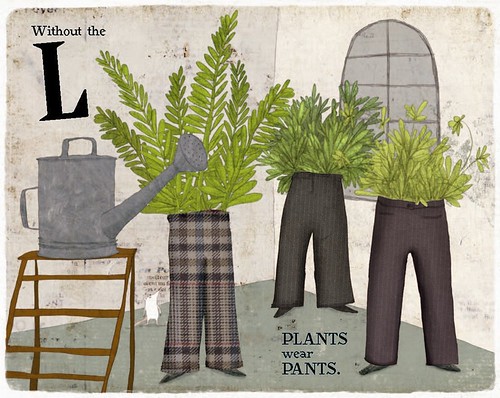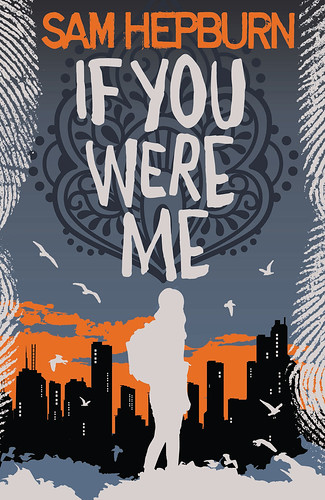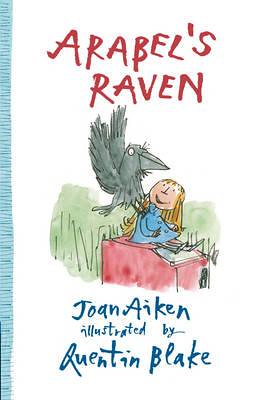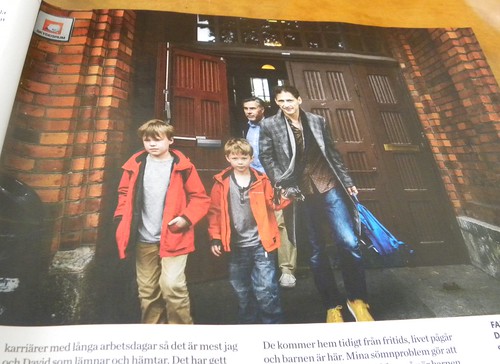Yeah, so I can spell it. I can say it out loud. But I don’t really (I mean really really) know what perpendicular means. In a way I’d rather people didn’t use the word so much, at times when I actually need to know the actual meaning of it. Usually it crops up in vaguely mathematical circumstances, and in ways I don’t understand, so the exact meaning of the word is irrelevant.
It probably has a Swedish translation that I would understand perfectly. But I’m lazy.
Daughter went to Geneva. Did I say that? Where they speak French, which we don’t speak, although that has nothing to do with perpendicular.
Anyway, she told me about her new office. The desk was perpendicular to the window. (Which, on the whole, I thought was nice of it.) I sort of guessed roughly what it meant when she held up her laptop on Skype to show me the room. All the desks lined the window wall, at what I might call right angles to said wall. No slantiness or anything, which is what I would have guessed.
So, the office and its desk positions are really not that important. They stand there and they do the job, and so do the people at them. Perpendicular or not.
But then she went into Geneva city for various important-ish errands. And she appears to have not taken her map of Geneva. Which, it has to be said, would have helped.
When the first errands had been done, she needed to find an estate agent’s office. I texted her the address. Then I texted her the name of the nearest tram stop, after which I tried to explain how walking would be easier, and which direction to head off in. Because I had Google maps. At one point I asked to speak to the Resident IT Consultant (yes, he was there too, equally mapless), as it seemed to me that the south/north aspect of where to go was his area of expertise.
That went well, apart from when I was told they were ‘next to a tram stop and which direction was it now?’
Luckily there were more addresses to be found. I only texted the wrong address once. Not much difference between nos. 10 and 23 to my mind.
But this is where the conversation got harder, for me. Attempting to describe the turns to take from errand four to errand five, Daughter threw perpendicular into the equation. How was I to know if said street was perpendicular to some other street or not? When I didn’t know what it meant. I tried recommending parallel streets instead, because I could see those on the map.
Well, they didn’t get lost. Much. And that was mainly the 10 v 23 issue.
(I have now looked it up. Right angles. 90 degrees. Vinkelrät. I won’t remember for long. I much prefer right angles.)





